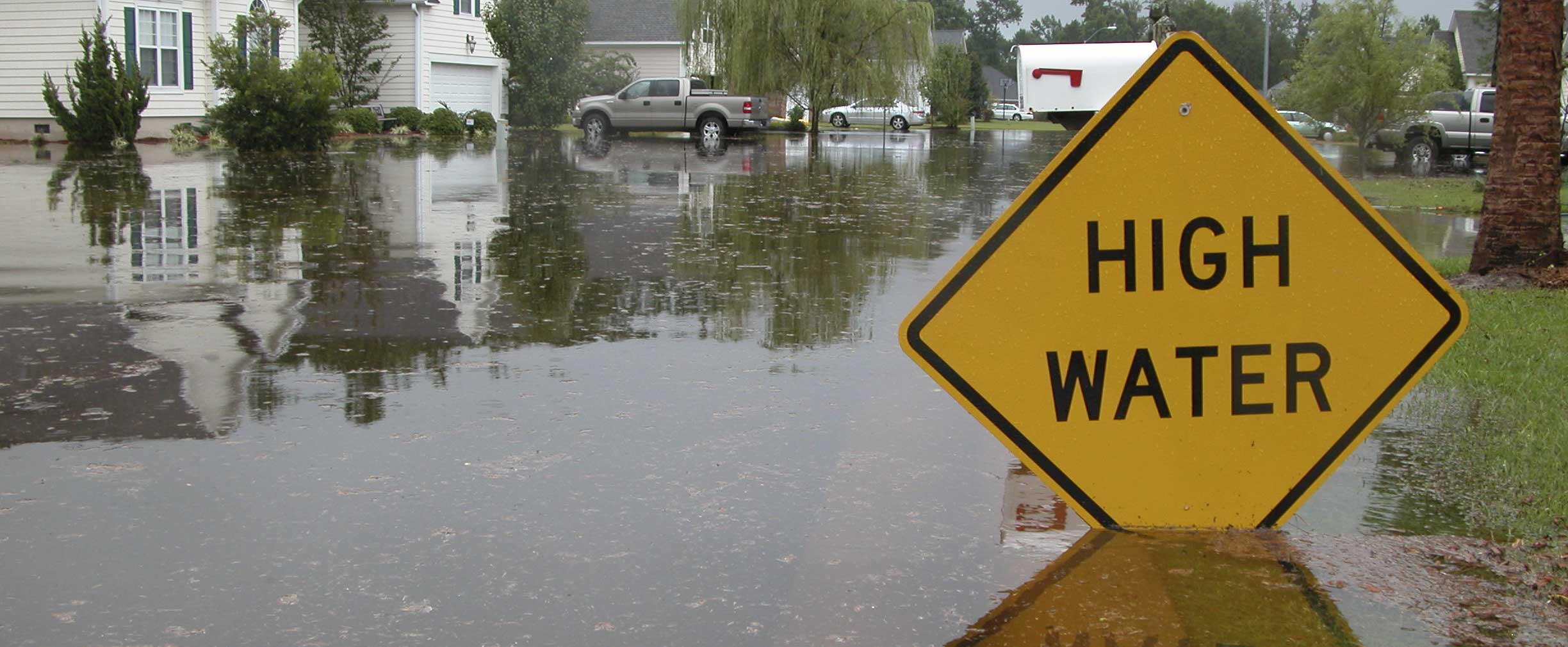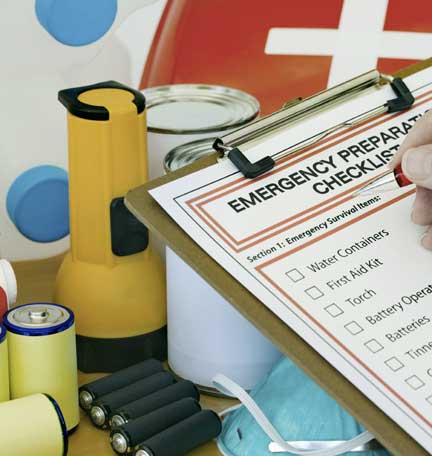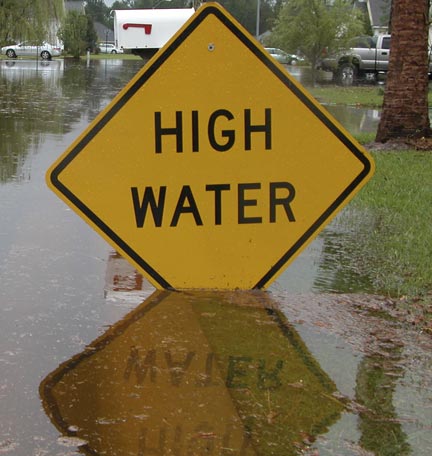If disaster strikes — whether it’s a fire, flood, or other emergency — trying to think through what comes next can be paralyzing.
Dave Baxter, President of Baxter Restoration, a Florida-based, full-service mitigation and restoration company, recommends the following:
1. Put safety first.
“Safety of people and pets is the most important thing, so don’t go climbing through the debris [rather than getting] your family out and safe,” Baxter says. Once the immediate threat is over and your neighborhood and home are deemed safe to enter, take stock of the damage. If your home is not safe to re-enter, consider your relocation options. Your homeowners insurance policy may reimburse hotel or other additional living expenses if needed. Flood insurance does not cover any living expenses if you need to relocate.
2. Contact local disaster assistance organizations.
Speak with organizations that offer emergency assistance to learn about options for food, shelter, and other assistance you may need in the short term. Emergency resources include:
- Federal Emergency Management Agency (FEMA)
- DisasterAssistance.gov
- Red Cross
- Salvation Army
- Federal Alliance for Safe Homes (FLASH)
- United Way
3. Speak with your insurance agents.
Next, call your insurance agents to find out how to start the process of filing a claim. If the disaster affected many people in your area, the insurance company will probably respond to those who suffered the greatest loss first. To ensure your agent prioritizes your case accordingly, make sure you understand and clearly communicate the extent of your loss. In the event of a widespread natural disaster, your insurance company may even set up temporary offices in the area, so ask your agent if there is a local contact.
Even if your property was not covered by your insurance — especially in the case of flooding — contact FEMA or your local emergency management office to learn about government assistance for low-interest rebuilding loans, crisis counseling, disaster legal services, and unemployment assistance programs.
4. Evaluate your damage.
Begin assessing your losses and all damage. An itemized list of your belongings is a good start, but also take photos and videos for documentation. Then visit websites or stores to determine replacement costs and catalogue them for the insurance company, which may require a proof of loss document. When you buy items like food, keep receipts for possible reimbursement.
5. Plan for replacements and rebuilding.
Speak with your insurance agent to understand what will be covered and how you will be reimbursed. Your insurance agent may recommend a restoration company, and Baxter says you should make sure you’re comfortable with the company and its policies. He advises being clear and decisive with the company, especially if it’s working on restoration in the wake of a natural disaster that impacted a lot of people.
6. Create a disaster preparedness plan for the future.
As you work to put your life back together, create a family disaster plan to protect yourself down the road. If disaster does strike — flood, hurricane, tornado or other — local bank branches might be damaged or temporarily closed. If you uses online banking to pay bills, make sure you can log in and your credentials are up-to-date. If you don’t use online banking, consider enrolling today to prepare for tomorrow. Regions customers can log in to online banking or enroll today.
Most importantly, Baxter recommends being patient. “After a big natural disaster, when all of the neighbors are having problems, it’s all about patience,” he says. “None of it ever happens fast enough.”









